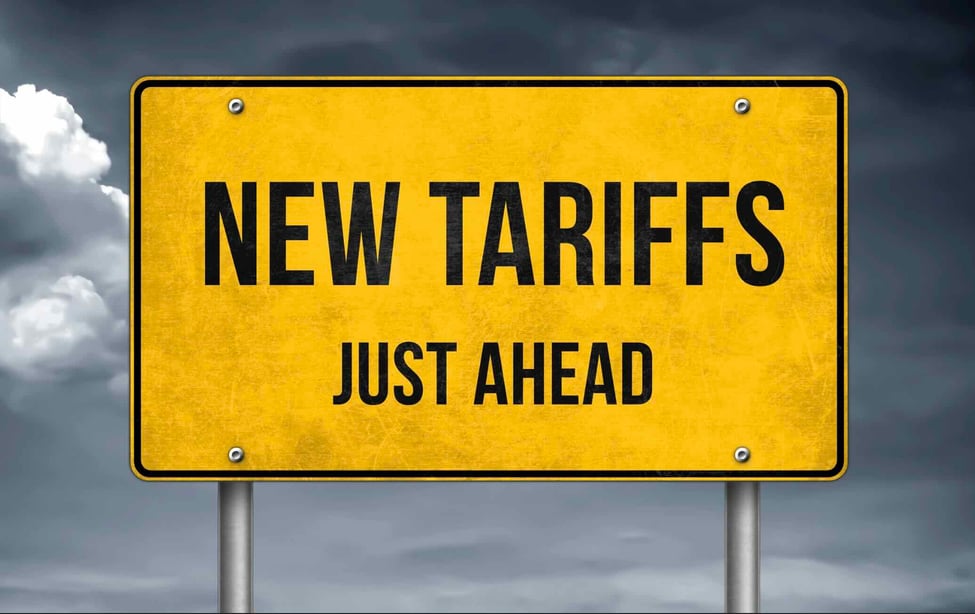The recent announcement of a 25% tariff on certain goods imported into the U.S. has sparked debates across industries. While some worry about potential economic ripple effects, the Canadian real estate market could see significant benefits. Here’s why these tariffs might actually boost Canada’s housing sector and create exciting opportunities for homebuyers and investors.
1. Increased Demand for Canadian Goods and Services
With U.S. import costs rising due to tariffs, many companies may turn to Canadian manufacturers and suppliers as an alternative. This shift could drive job growth, boost wages, and enhance consumer confidence—key factors that often lead to increased home purchases. A stronger job market means more Canadians will be financially equipped to invest in real estate, fueling demand for housing across major markets.
2. Attracting Global Investments
Tariffs create uncertainty in global trade, and investors tend to seek stable markets with strong economic fundamentals. Canada’s reputation as a safe and prosperous country makes its real estate market particularly attractive. Foreign investors may view Canadian property as a valuable asset in times of economic volatility, leading to higher demand and increased property values.
3. Strengthening the Industrial and Commercial Real Estate Sector
With U.S. tariffs making American imports more expensive, Canadian businesses may expand their domestic production to meet both local and international demand. This could lead to a surge in industrial and commercial real estate development, creating new opportunities for investors and developers. Warehouses, manufacturing hubs, and logistics centers could experience growth, further strengthening Canada’s real estate landscape.
4. Encouraging Domestic Homeownership
As businesses flourish and employment rates improve, more Canadians may opt to buy homes instead of renting. This could create a more vibrant housing market with increasing sales activity and appreciation in property values. The resulting equity growth benefits homeowners and encourages further investment in real estate.
5. Stabilizing the Canadian Dollar
Historically, economic shifts caused by trade tariffs have led to fluctuations in currency values. A stable or slightly depreciated Canadian dollar can make our real estate market even more attractive to foreign buyers, increasing international interest in cities like Toronto, Vancouver, and Montreal. This influx of capital can help sustain market growth.
Final Thoughts
While tariffs often bring uncertainty, they can also open doors to unexpected opportunities. Canada’s real estate sector is well-positioned to benefit from increased economic activity, global investment, and a thriving job market. Whether you’re a homeowner, investor, or developer, this shift could be a golden opportunity to capitalize on a stronger and more resilient housing market.
If you're considering investing in real estate or want to explore how these changes could benefit you, now is the perfect time to take action!

